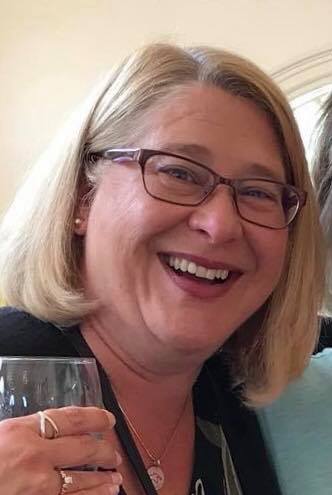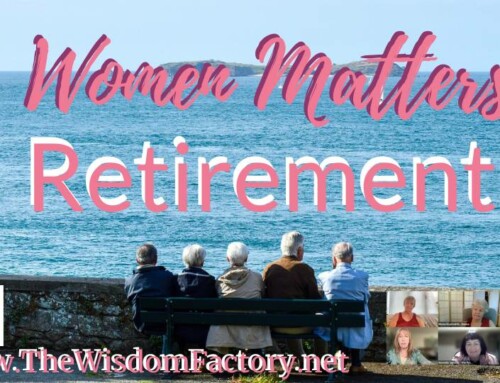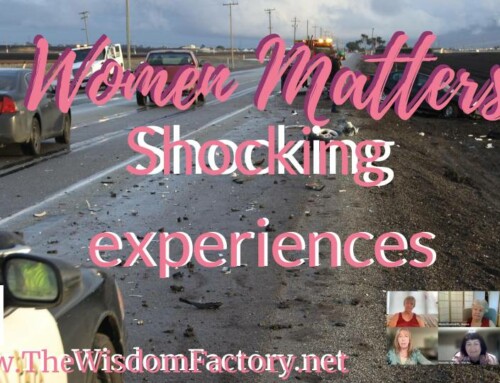
SEASON 6 EPISODE
September 11th 2019
Structures for the third half of life in the US with Bonnie Vallette

HEIDI´S INTRO
When we are young, we are not very interested in thinking about old age and how we will be able to live then. We postpone the topic until we are getting nearer and nearer and the thoughts appear: what can I do when…? Who will take care of me, if I can’t do anymore xyz? And when we enter into retirement, we are confronted with the reality that the money we get as a pension probably won’t take us very far.
Unless we had a really good job and paid a lot into the pension fonds, we will realise that it is difficult to keep up the usual life style. Old people living near poverty has become almost normal in the last few decades, and it will get even more “normal” for future generations who live in total insecurity regarding jobs and social security already. Who will take care fo the old people who have no family able to take care for them?
The question is answered differently in the different countries of the world. The lack of funding seems to be an all pervasive phenomenon. Old people are no investment, in a capitalist society they are worthless and left to the compassion of private people and, yes, the churches. Thanks God we haven’t demolished them yet, totally, by means of the increasing atheism in the world. They have an important function and we better recognise that in time!
Our guest this week, Bonnie Vallette, got interested in the topic eldercare long before she reached the interested age herself. She is very active in trying to create a better situation for the older population, at least in her community. In our conversation she explains how the systems work in the US, especially in her area, and what she is doing and initiating to better the life of those who, at the end of their life times, are unable to fight for themselves. If you have questions how you can collaborate, or just, where to go when you have specific problems, do contact Bonnie:email: BMLVallette@netscape.net Phone: 1.614.226.7247.
ABOUT BONNIE VALLETTE
Bonnie Vallette is a generalist, weaver, and networker. She brings people and ideas together in new ways – using concepts like disagreeing in love and polarity management, in community building and igniting culture change, and by utilizing skills learned in Eldercare (Person-Centered, Hospice, and Trauma-Informed Care) and the Authentic Relating and Integral movements, all to help facilitate and deepen difficult discussions with an eye toward win-win resolutions. Discovering Spiral Dynamics gave her a map to hold diverse interests and lean into her gifts in new ways. Underpinning all Bonnie’s efforts are a lust for life-long learning, body- and breath-work, and daily meditation.
Bonnie has a Bachelor of Science in Business Administration with an emphasis in Marketing from The Ohio State University. She has worked in retail, business banking, as a church administrator, nonprofit fund development, and in Eldercare. Bonnie received her Level One SDi certification from Don Beck in Texas (Spring 2018), and Level Two SDi certification from Rica Viljoen in South Africa (Summer 2019).

Heidi and Mark with Ashton Applewhite, leading activist against ageism
Heidi in conversation with Rica Viljoen





Leave A Comment